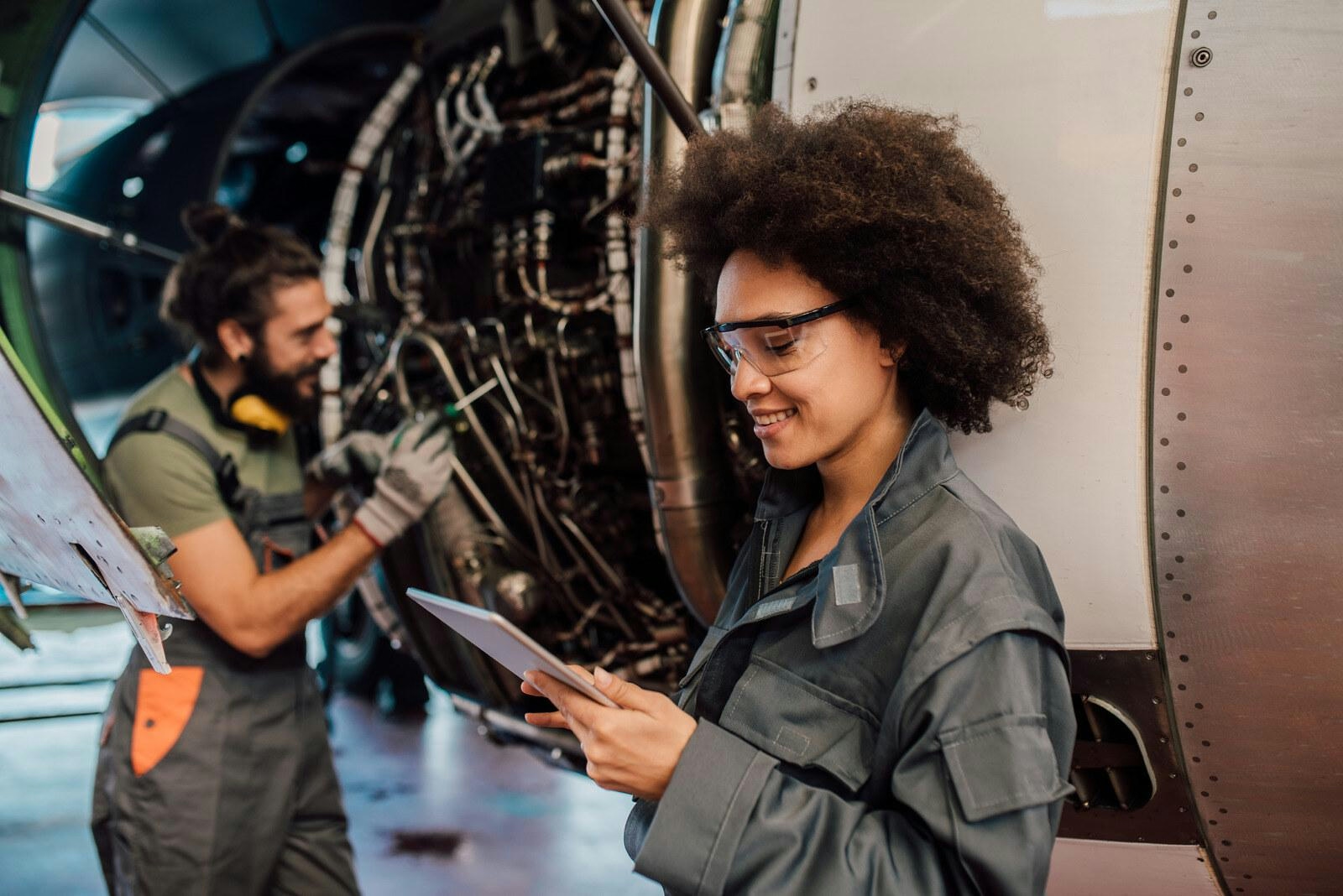热门趋势
Air India Crash: How Detailed Were Earlier AAIB Preliminary Reports?
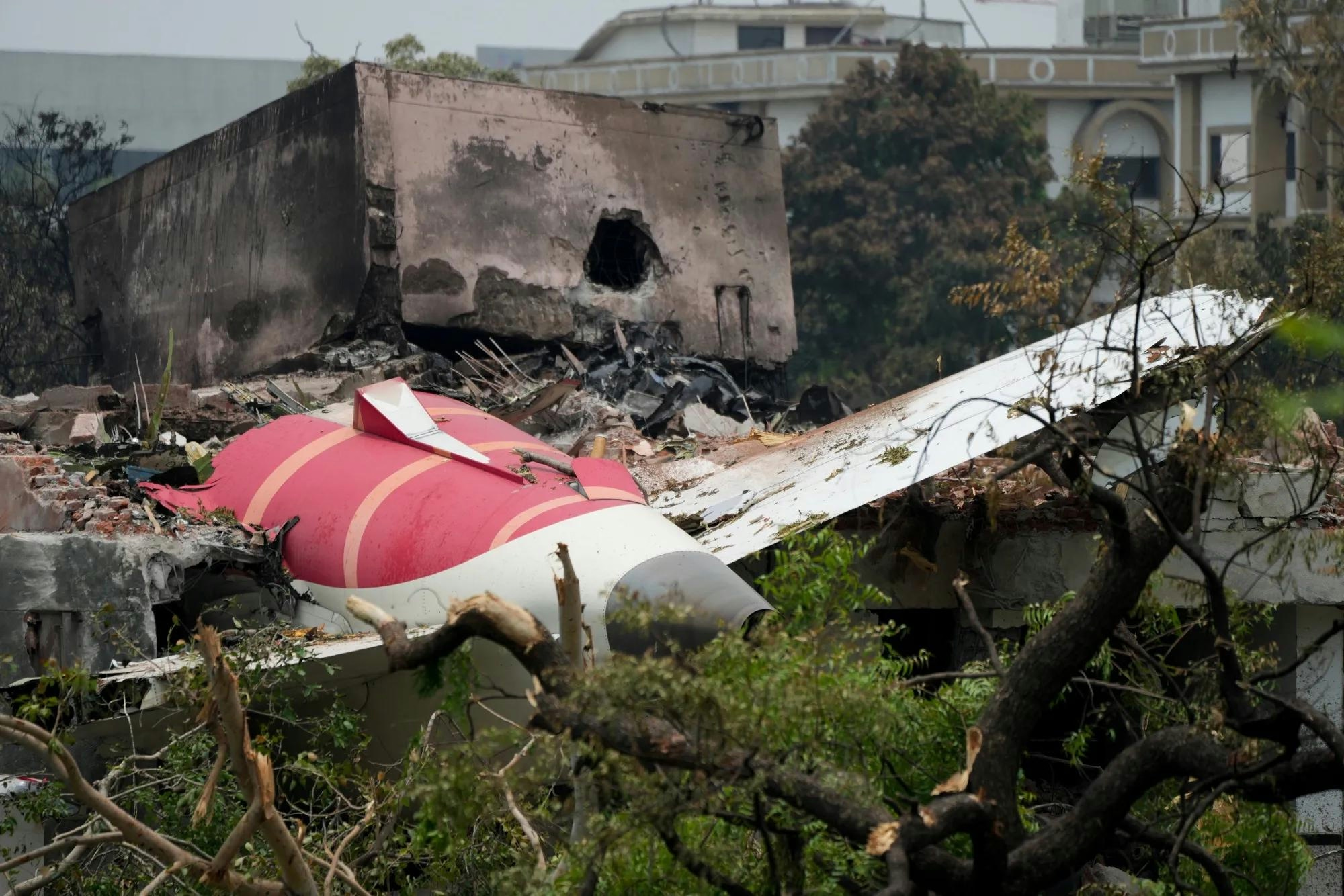
Air India Crash: How Detailed Were Earlier AAIB Preliminary Reports?
The Aircraft Accident Investigation Bureau (AAIB) of India is poised to release the preliminary report on the tragic crash of Air India flight AI 171, a Boeing 787-8, which occurred on June 12 shortly after departing Ahmedabad en route to London Gatwick. The disaster claimed 241 of the 242 lives on board, along with several casualties on the ground, marking it as the deadliest aviation accident involving an Indian airline in over four decades and the first fatal incident involving Boeing’s 787 Dreamliner. This catastrophe has drawn intense international attention to the AAIB’s investigative process and the forthcoming preliminary findings.
Historical Context and Expectations for the Preliminary Report
Globally, more than 1,100 Boeing 787 aircraft are in operation, and the aviation community eagerly anticipates the AAIB’s initial insights. However, a review of previous AAIB preliminary reports suggests that expectations for comprehensive analysis at this early stage should be moderated. Historically, these reports have concentrated on presenting fundamental information such as details about the aircraft and crew, a chronological sequence of events leading up to the accident, initial observations from the crash site and debris, and an outline of investigative steps undertaken thus far.
While these preliminary documents provide essential factual groundwork, they seldom offer definitive conclusions or an in-depth examination of probable causes. Given the unprecedented scale of the Ahmedabad crash, there is cautious optimism that the forthcoming report may deliver more substantial insights, though it is unlikely to pinpoint exact causes at this stage.
International Civil Aviation Organization (ICAO) guidelines recommend that preliminary reports be published within 30 days of an accident. Although Indian regulations do not enforce this timeline, the high-profile nature of this incident increases the likelihood of a prompt release. The AAIB customarily aims to complete and publish a final report within approximately one year.
Challenges in Investigating Modern Aviation Accidents
The investigation of modern aircraft accidents is inherently complex, often involving multiple contributing factors rather than a single cause. The intricate systems and technologies embedded in contemporary aircraft necessitate meticulous and prolonged analysis, making early conclusions difficult to draw. This complexity underscores the importance of a thorough and methodical investigative approach.
Broader Implications for Aviation and Air India
Beyond the immediate technical investigation, the crash is expected to have significant repercussions for the aviation industry, particularly in India. Industry analysts anticipate that the disaster will intensify pressures on the global aviation reinsurance market, which is already strained, especially within the Indian sector that has faced financial challenges. According to data from GlobalData, insurance premiums are likely to increase, imposing additional financial burdens on airlines.
For Air India, the tragedy presents a formidable challenge to its ongoing transformation initiative, Vihaan.AI, which seeks to elevate the airline to a world-class global carrier within five years. The airline’s handling of the aftermath, including transparency and responsiveness, will be critical in shaping its reputation and sustaining operational progress. Moreover, the incident has heightened scrutiny of India’s broader aviation safety standards and regulatory oversight.
As the international community awaits the AAIB’s preliminary report, attention remains focused not only on the technical findings but also on the wider implications for aviation safety, insurance markets, and the future trajectory of Air India.

Delta Air Lines Prohibits Personal AI Smart Glasses for Flight Attendants
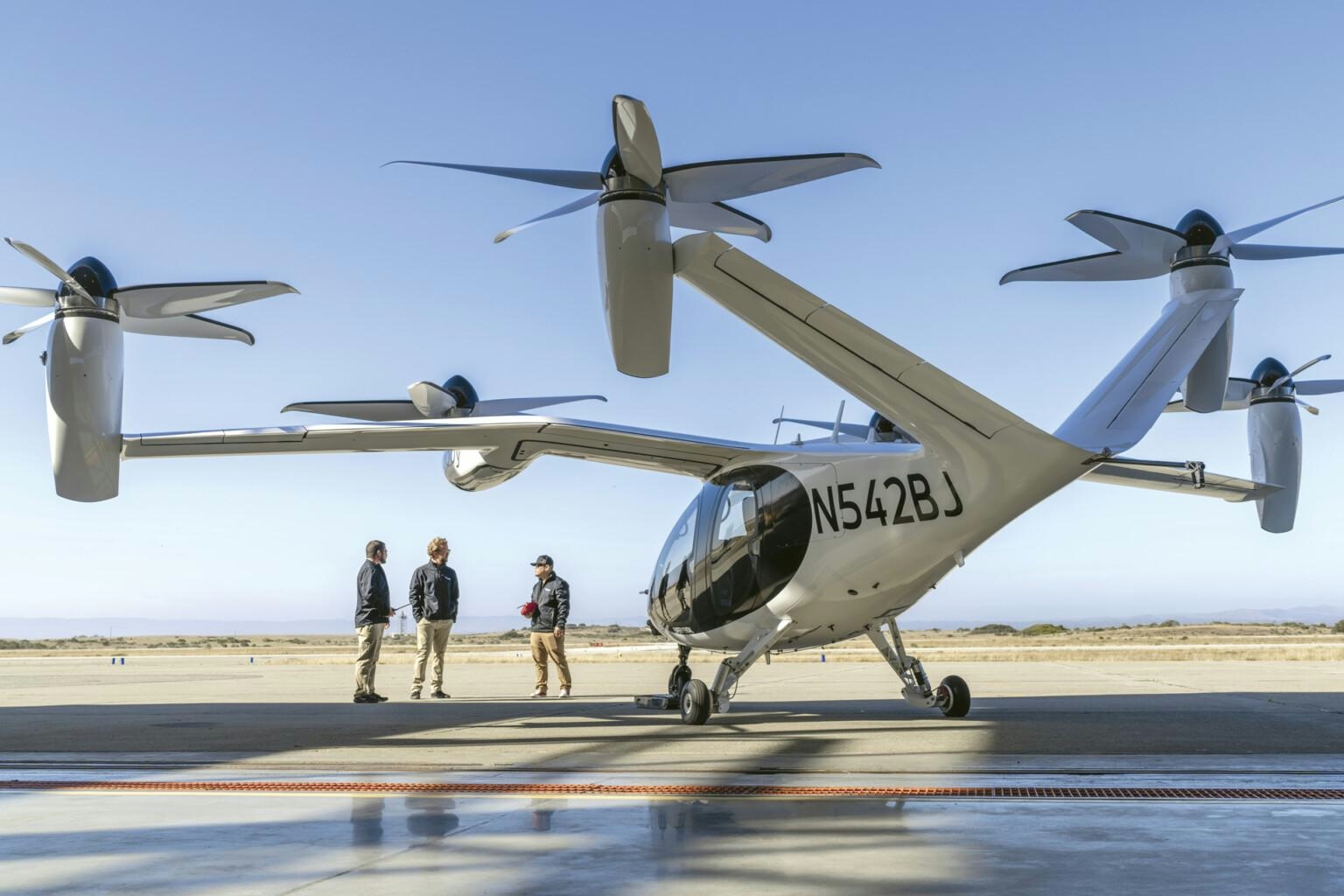
Emerging Roles Shaping the Future of Aviation
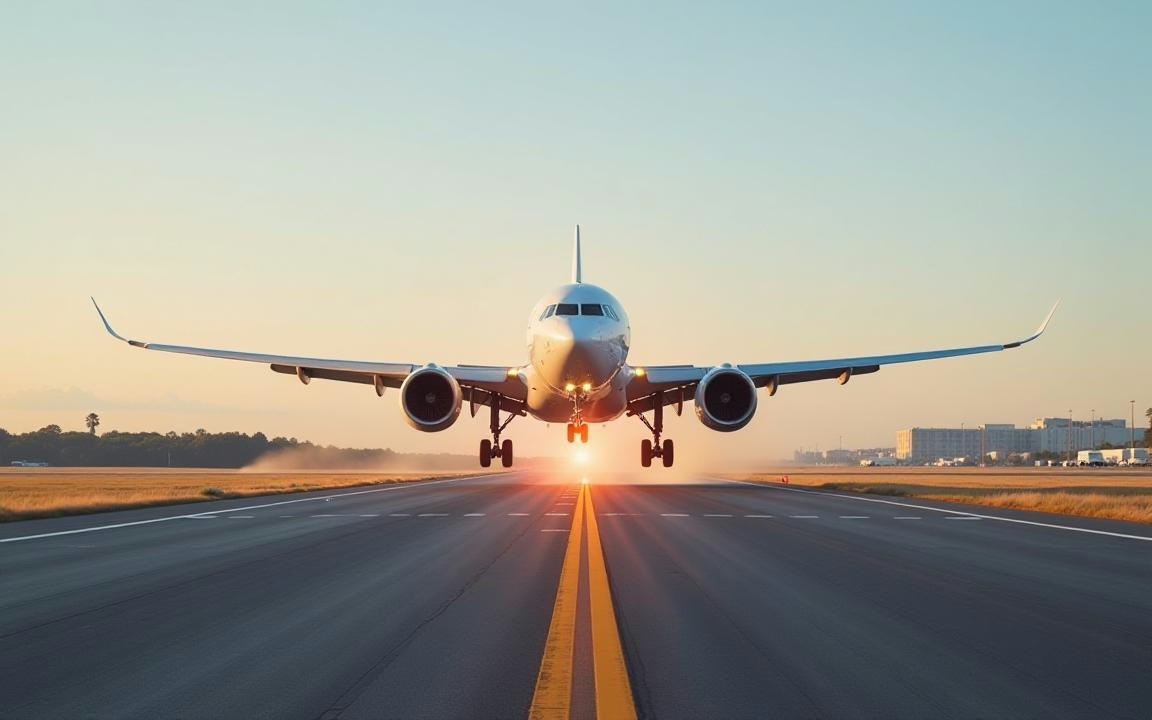
Airline Stocks Face Uncertainty Amid Tariff Concerns
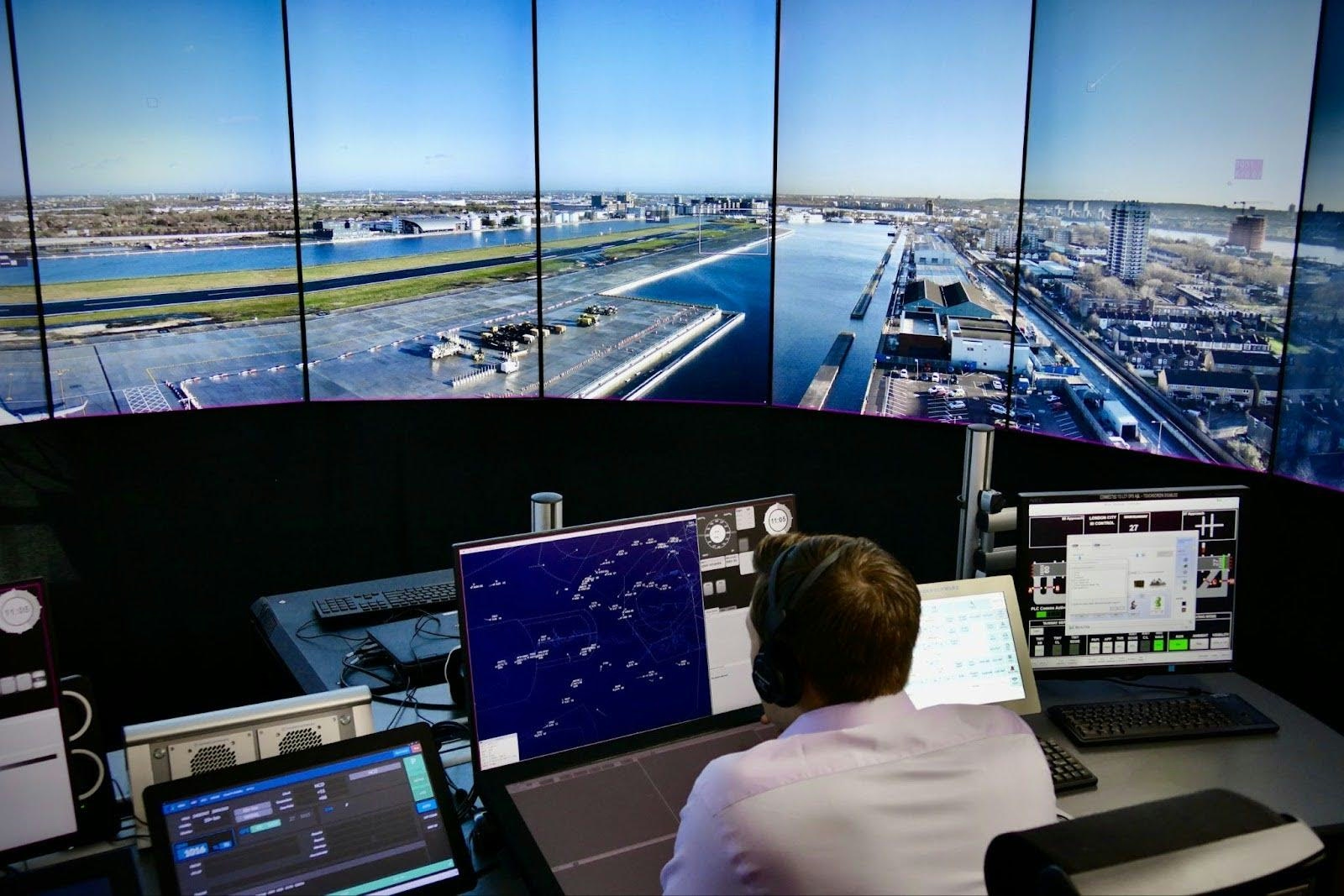
Could AI Replace Air Traffic Controllers to Improve Aviation Safety?
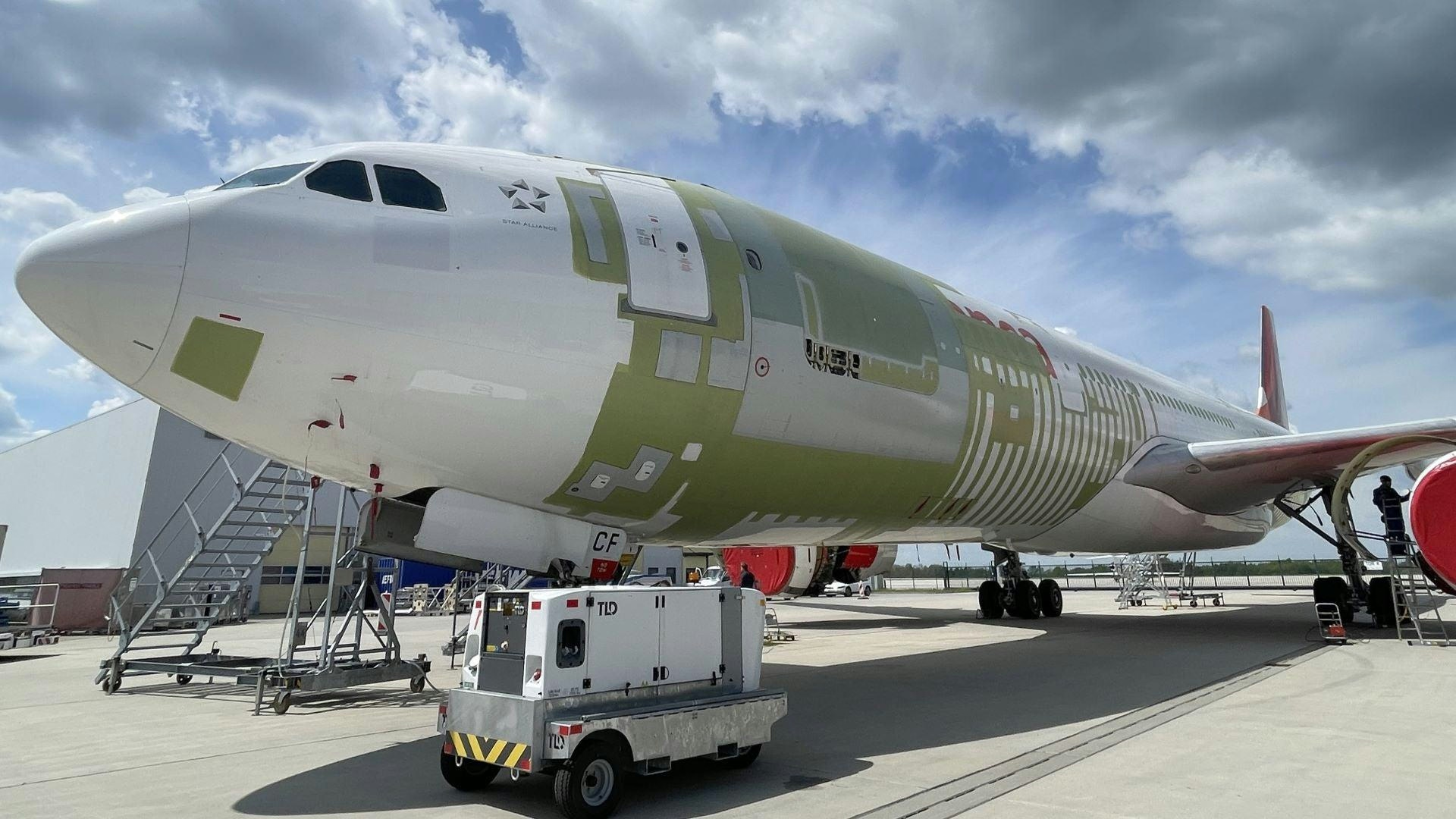
Amazon Acquires A330-300 from Stratos for Passenger-to-Freighter Conversion

PBY-5A Catalina 'Miss Pick Up' Returns to Duxford After Engine Replacement in France
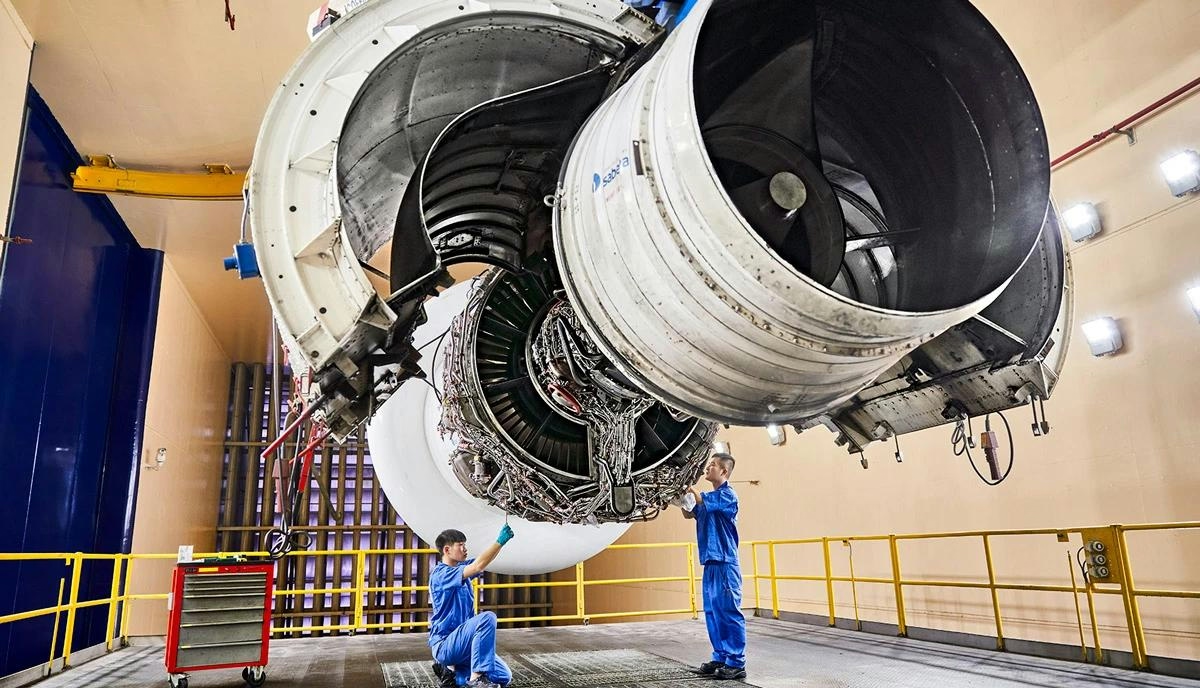
Airbus Appoints MTU Aero Engines CEO to Lead Commercial Aircraft Division
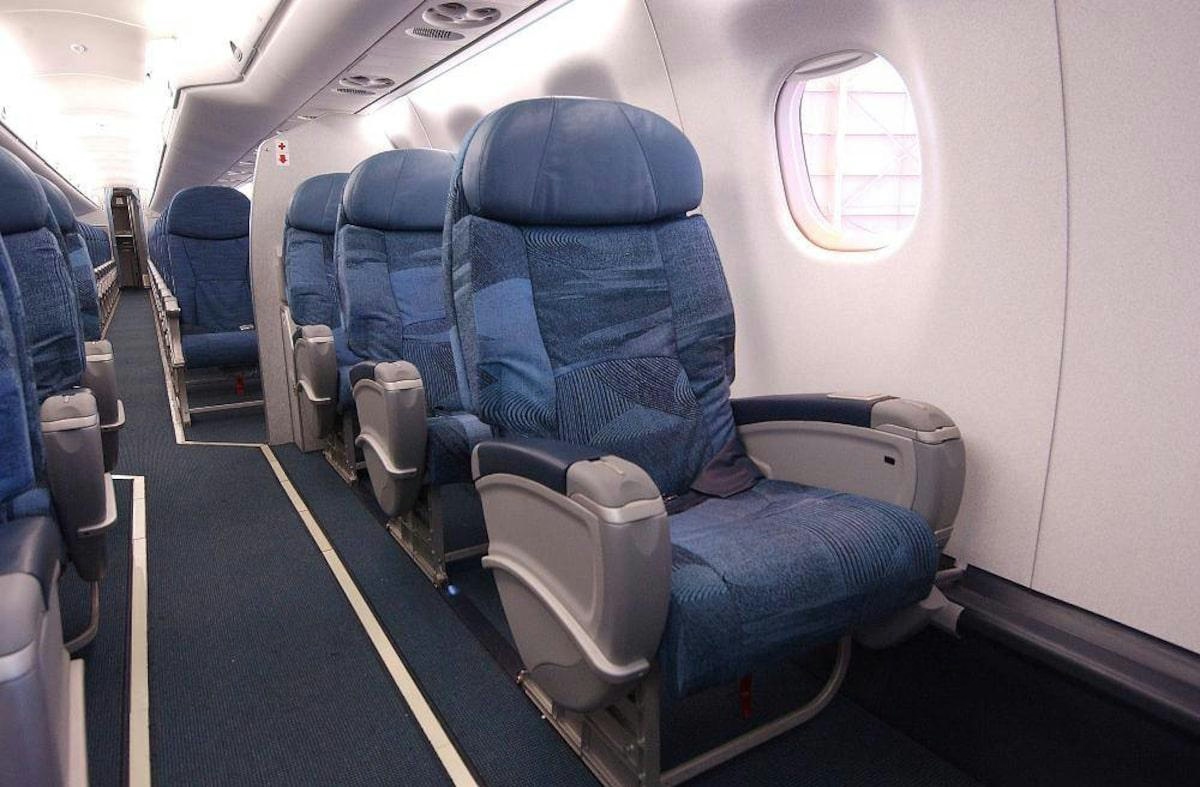
Proposed U.S. Tariffs on Brazil Threaten Embraer 175 Deliveries
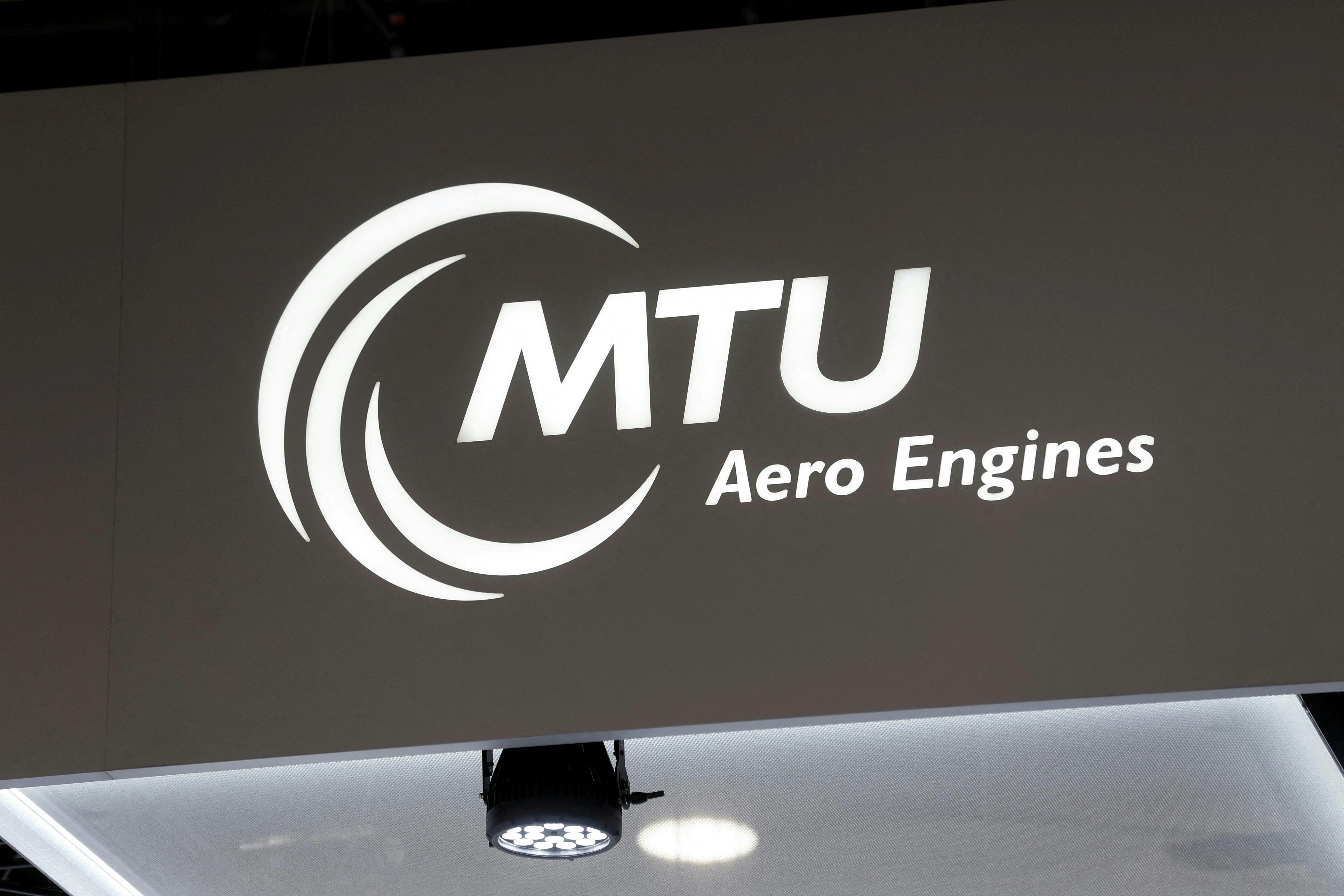
MTU Aero Engines CEO Wagner to Join Airbus in November
